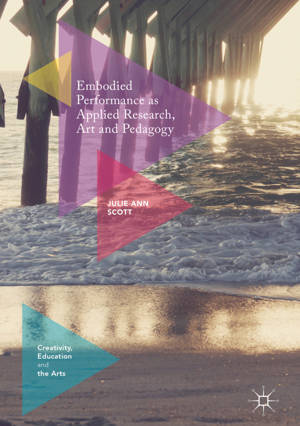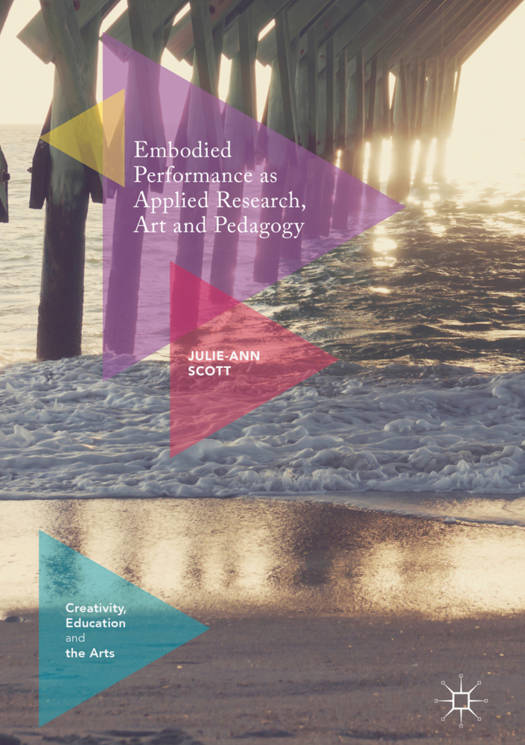
- Afhalen na 1 uur in een winkel met voorraad
- Gratis thuislevering in België vanaf € 30
- Ruim aanbod met 7 miljoen producten
- Afhalen na 1 uur in een winkel met voorraad
- Gratis thuislevering in België vanaf € 30
- Ruim aanbod met 7 miljoen producten
Zoeken
Embodied Performance as Applied Research, Art and Pedagogy
Julie-Ann Scott
€ 126,95
+ 253 punten
Uitvoering
Omschrijving
Explores how performance can become a part of research and pedagogyDraws on personal experiences to demonstrate the use of performance studies in the classroomHighlights the effect of embodied interaction in the classroom setting and how this can be developed further
Specificaties
Betrokkenen
- Auteur(s):
- Uitgeverij:
Inhoud
- Aantal bladzijden:
- 211
- Taal:
- Engels
- Reeks:
Eigenschappen
- Productcode (EAN):
- 9783319636603
- Verschijningsdatum:
- 20/11/2017
- Uitvoering:
- Hardcover
- Formaat:
- Genaaid
- Afmetingen:
- 148 mm x 210 mm
- Gewicht:
- 535 g

Alleen bij Standaard Boekhandel
+ 253 punten op je klantenkaart van Standaard Boekhandel
Beoordelingen
We publiceren alleen reviews die voldoen aan de voorwaarden voor reviews. Bekijk onze voorwaarden voor reviews.











